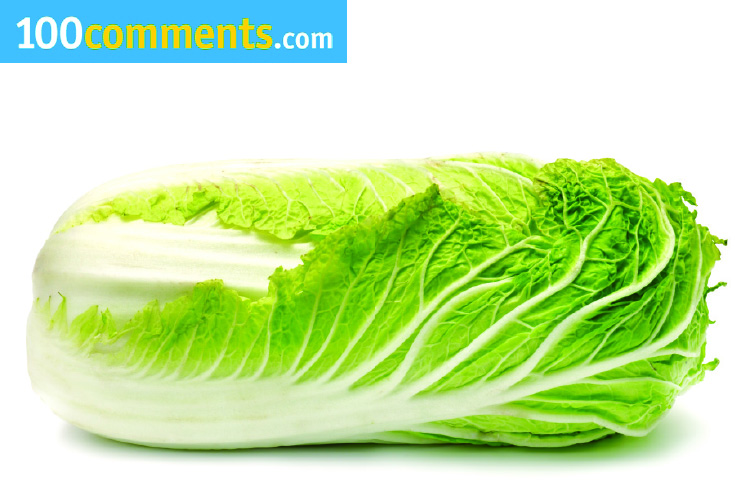Bok Choy: The Versatile Favourite
This vegetable has such an important influence that its Chinese name has become part of modern vocabulary. Brassica chinensis is the scientific name and it belongs to the plant family cruciferae, with other family members being broccoli, cabbages, cauliflower and brussels sprouts. Bok Choy (also known as bak choi, paak choi) or Chinese white cabbage/Snow cabbage is a super Asian vegetable. It has been cultivated some 6,000 years in China and is also grown in Canada and USA. It is a favourite of many, for its mild flavour that has a tender sweetness, and is often used in soups, stews, stir-fries and even salads.
- Bok choy, as a cruciferous vegetable, contains glucosinolates that has cancer fighting properties, especially lung, colon, prostate and endometrial cancers
- Provides sufficient amount of folate, required for proper development of tissues and cells and for lowering the risk of heart diseases
- High in vitamin K, which plays a significant role in the coagulation of blood, facilitates the absorption of calcium and maintains bone density
- Contains high amount of calcium, crucial for healthy bones and teeth
- High in vitamin A and C, both well-known natural antioxidant, which protects the body from the harmful effects of free radicals
- Low in sodium and useful for diets that regulate blood pressure
- High is Vitamin B6, crucial for carbohydrate, fat and protein metabolism and formation of red blood cells and antibodies
- Small amounts of iron, magnesium, and phosphorus are also found in this leafy vegetable
- Low in calorie, zero-fat food, and a good source of dietary fibre
- A good source of several carotenoids, especially beta carotene that benefit eye health and play an important role in reducing macular degeneration
















